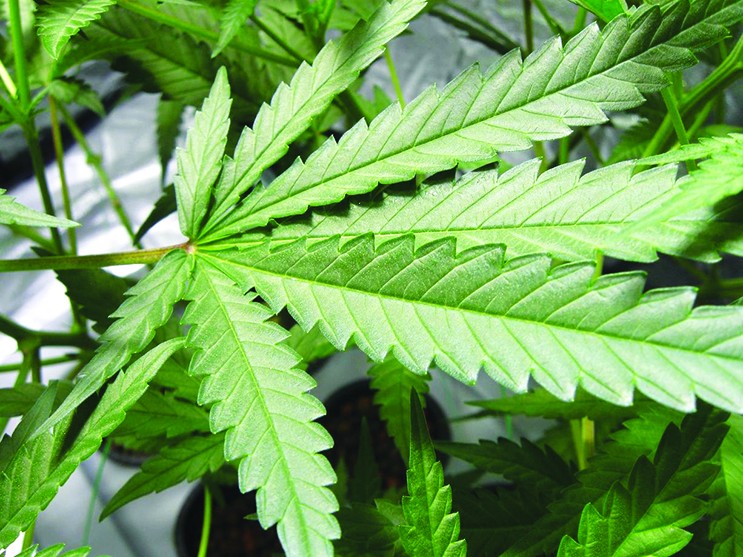Are excise taxes covering marijuana costs?

SAGUACHE COUNTY— The end of the fiscal year is approaching; budget hearings are in session, and county residents are asking: what revenues has the county taken in from the marijuana excise tax measure passed two years ago and where have the revenues gone?
In July, County Co-Administrator/Land Use Administrator Wendi Maez announced that so far this year the county had collected $125,387 in fees from growers. This falls short of earlier budget estimates of over $200,000 in expected revenue, but she said the balance should reach or exceed the expected amount by year’s end.
It was estimated in August that some 40 grows would soon be on the county excise tax rolls. Other estimates exceed this number. To date, only five grows are reporting revenues and paying excise tax and there has been no real explanation (only conflicting reports) about why this is the case.
County Administrator David Bitler, hired in September, has consistently refused to return calls from the Center Post-Dispatch. A general overview of the situation from Bitler might help residents better understand where the county is headed. The only communication from Bitler has been an op-ed on Amendment 74, published earlier this month.
In his op-ed, Bitler tells county residents that while Saguache County Commissioners “hold high value to the rights of private property owners,” they oppose Amendment 74 because it could adversely impact any law or regulation commissioners pass, “including the siting of…marijuana dispensaries and operations” as well as several other (undesirable ) establishments and businesses.
Not mentioned is that if passed, Amendment 74 would allow landowners surrounded by grows to sue the county to protect their (pre-existing) property rights. Bitler says the amendment would cost the state “millions” in lawsuits and other costs, but counties are covered by private insurance for most litigation expenses. Those litigation costs not covered often contest constitutional rights to life, liberty and the pursuit of happiness, to which all U.S. citizens are entitled.
Ballot language
According to the language of the excise tax ballot, passed in November 2016, the tax will be used as follows.
“Shall Saguache County increase taxes by $350,000 annually in the first full fiscal year and by such amounts as are raised thereafter as authorized by Colorado Revised Statutes 29-2-114 through the imposition of an excise tax of five percent of the average market rate, as determined by the Colorado Department of Revenue, on the first sale or transfer of unprocessed retail marijuana by a retail marijuana cultivation facility located within Saguache County…
“Such revenues [will] be used as determined by the Board of County Commissioners of Saguache County to fund, among other programs, youth services, land use code enforcement, county infrastructure, marijuana program administration costs, and other General Purposes of the County…Such earnings [will] thereon be collected, retained, and expended as a voter-approved revenue change without limitation or condition under Article X, Section 20 of the Colorado Constitution or C.R.S. 29-1-301, as amended, or any other law, all in conformance with [the resolution].
The decision by Saguache County commissioners to allow the grant of numerous applications for grows and dispensaries throughout the county and the levying of the excise tax was based on the assumption that the county would reap increased revenues from the grows. The budget process alone will tell voters what revenues were collected, from whom, how they were used and to what benefit.
Have all funds collected been spent on land use code enforcement, county infrastructure, increased law enforcement costs and marijuana program administration costs? If so, then any real benefit to county residents is lost in just maintaining the marijuana status quo. Youth services and other programs lose out.
While the excise tax ballot language does not specifically mention any law enforcement funding required, “other general purposes of the county” could include these and additional hidden expenses never anticipated when grow after grow was approved during the past year. Clean-up enforcement and long-term rehabilitation of abandoned grows comes to mind, although some of these costs could be covered by bonds posted by growers.
Every grower, as well as commissioners themselves — during commissioner meetings, planning commission meetings and special meetings — have constantly intoned the conviction that this cannabis boom is great for small businesses and the economy in the county. The county budget itemization will tell county residents if this is so and to what extent.



